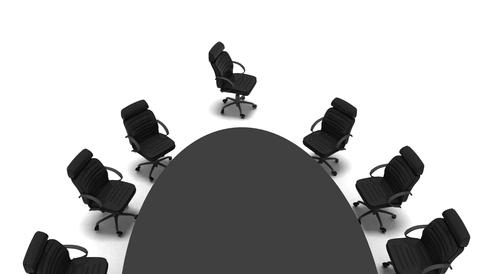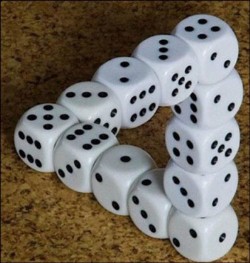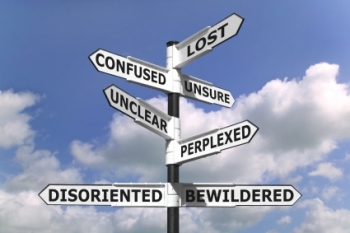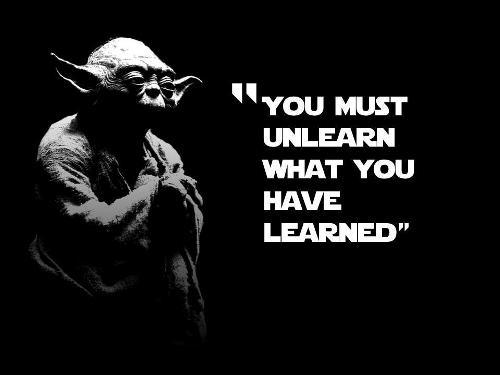The latest book of Nassim Taleb, Antifragile, is an absolute must-read. It puts a lot of common wisdom on its head and provides an interesting picture of the mistakes of the society surrounding us.
 The book is thick and takes some effort to read through, but it’s worthwhile to take the time. Taleb is a very unconventional thinker; his approach to complexity and predictability is absolutely brilliant.
The book is thick and takes some effort to read through, but it’s worthwhile to take the time. Taleb is a very unconventional thinker; his approach to complexity and predictability is absolutely brilliant.
What is Antifragile? According to Taleb it is the property to thrive in situations that are highly uncertain and volatile.
Most of the things we produce are fragile. The Industrial Age civilization, through its manufacturing standardization and search for efficiency, tends to be fragile. And actually it would seem, according to Taleb, that modern civilization is much more fragile than before. Look at how single freak events like 9/11 or other terrorist attempts fundamentally change the life of travelers and how we are ever more deeply intolerant to unexpected events.
Fundamental mistakes of our scientific approaches are denounced in the book, in particular our custom to observe averages when volatility might be an even more influential parameter; and the limits of conventional financial statistical analysis.
In summary, take the time to read AntiFragile. It gives also an insight on how our world might become when we overcome some psychological hurdles from the Industrial Age. Several posts will be posted here that will inspire themselves from the book in the next few weeks.











